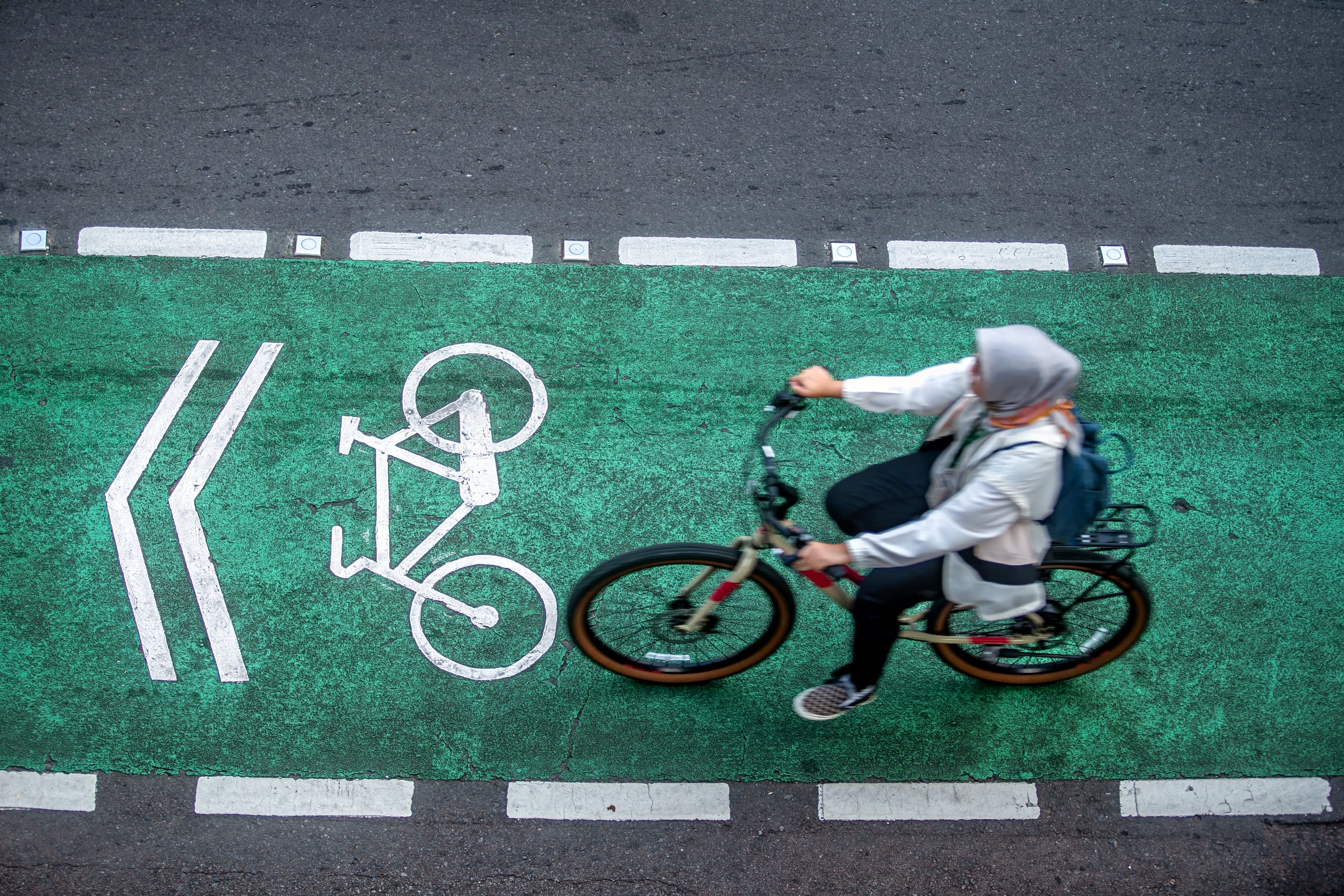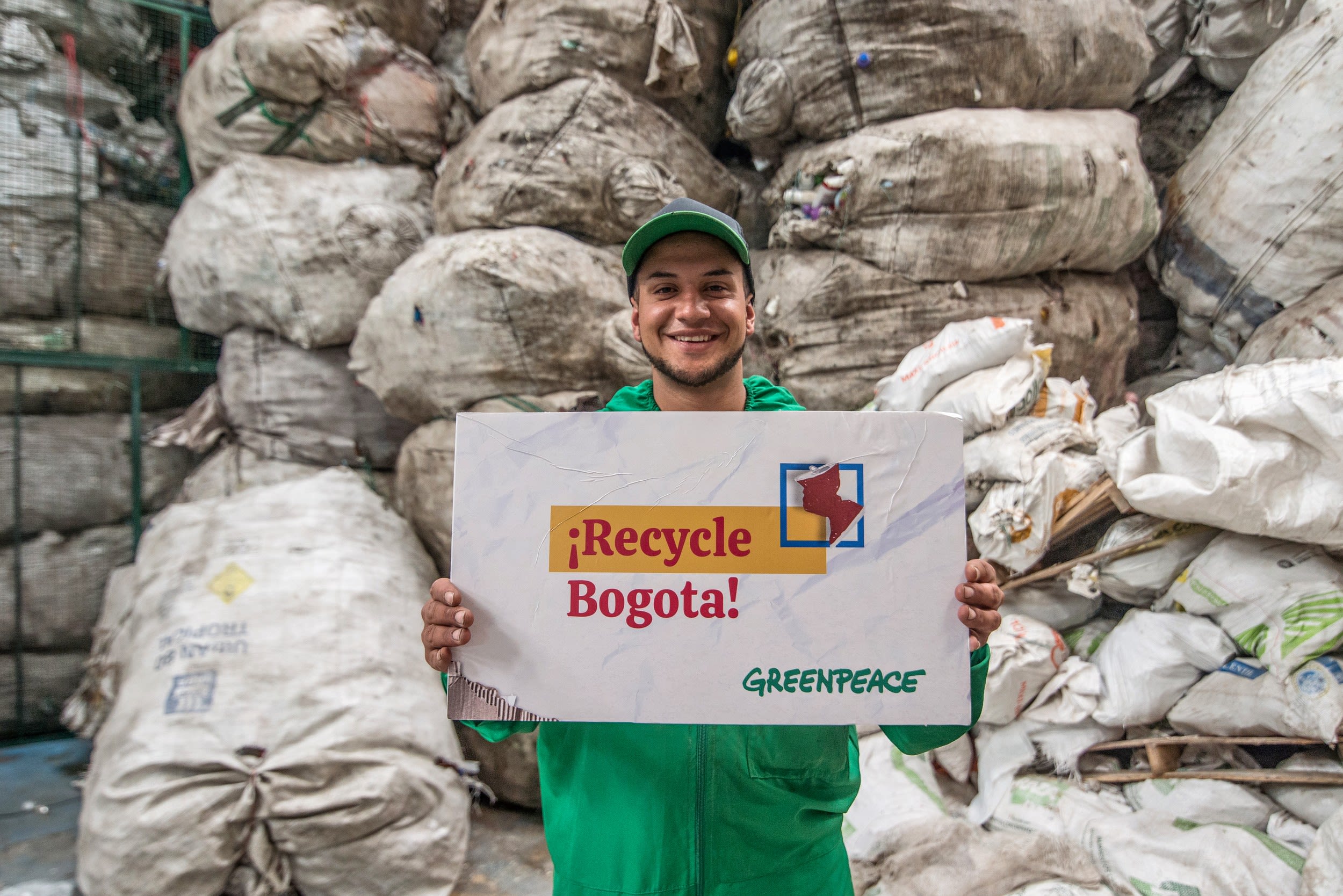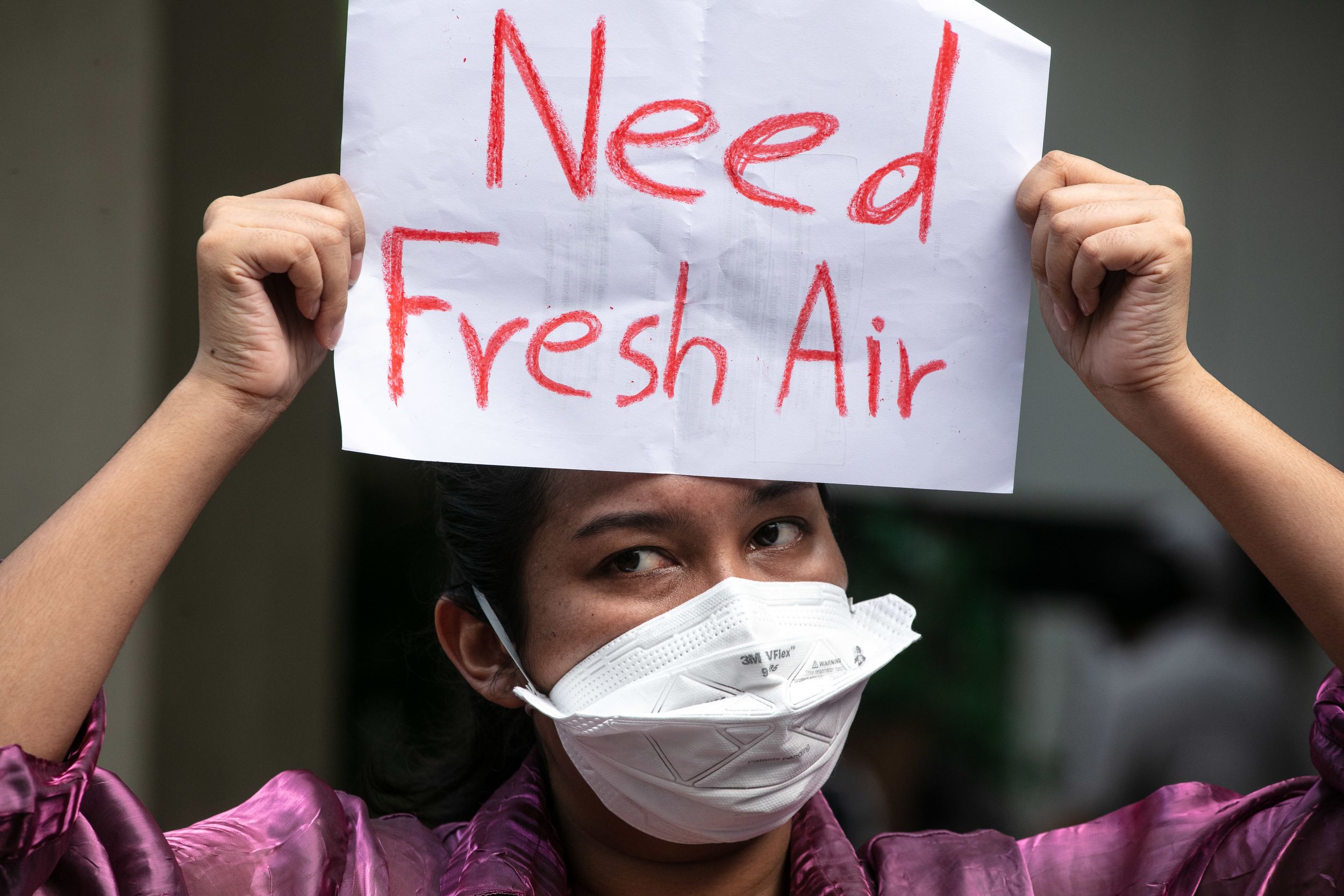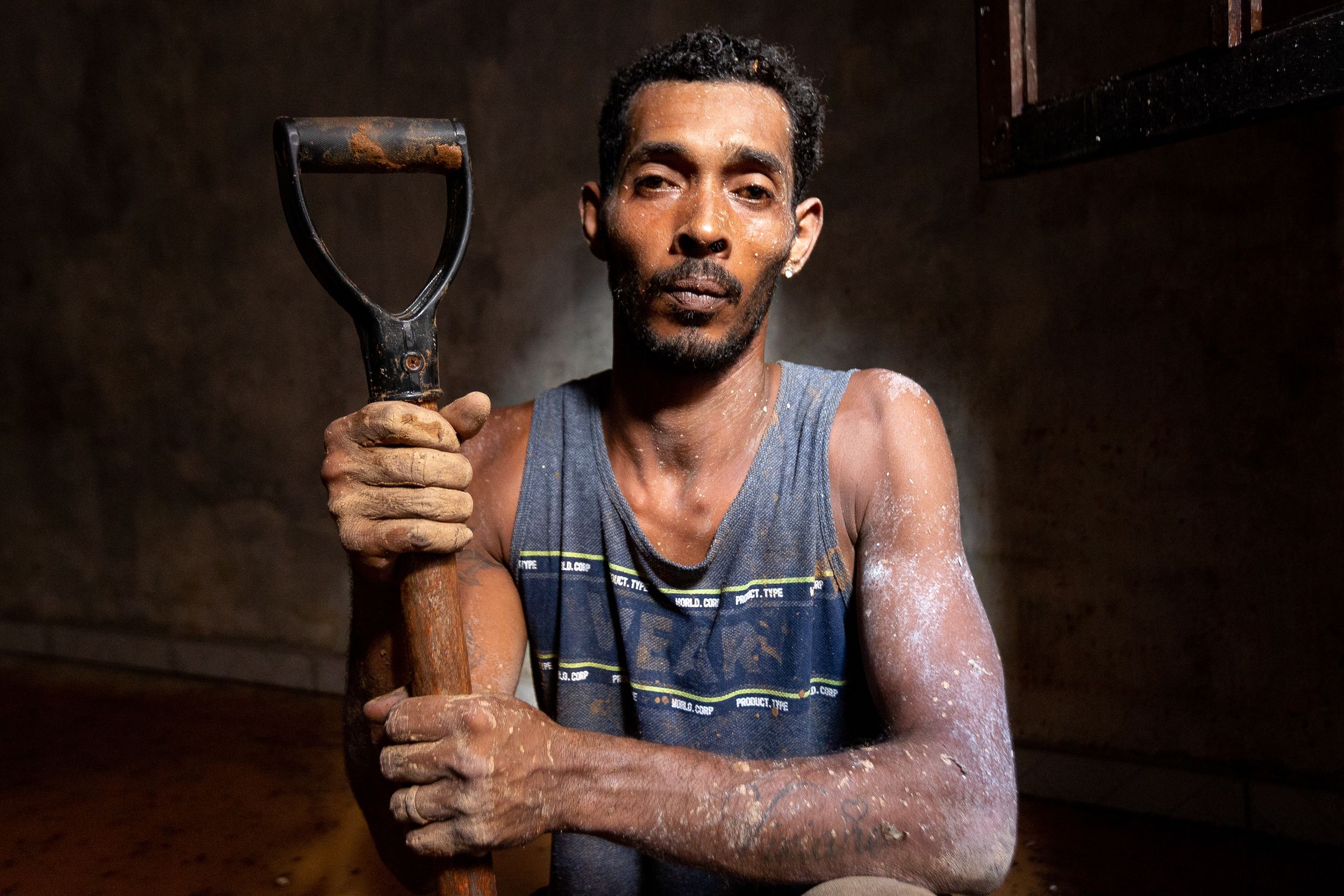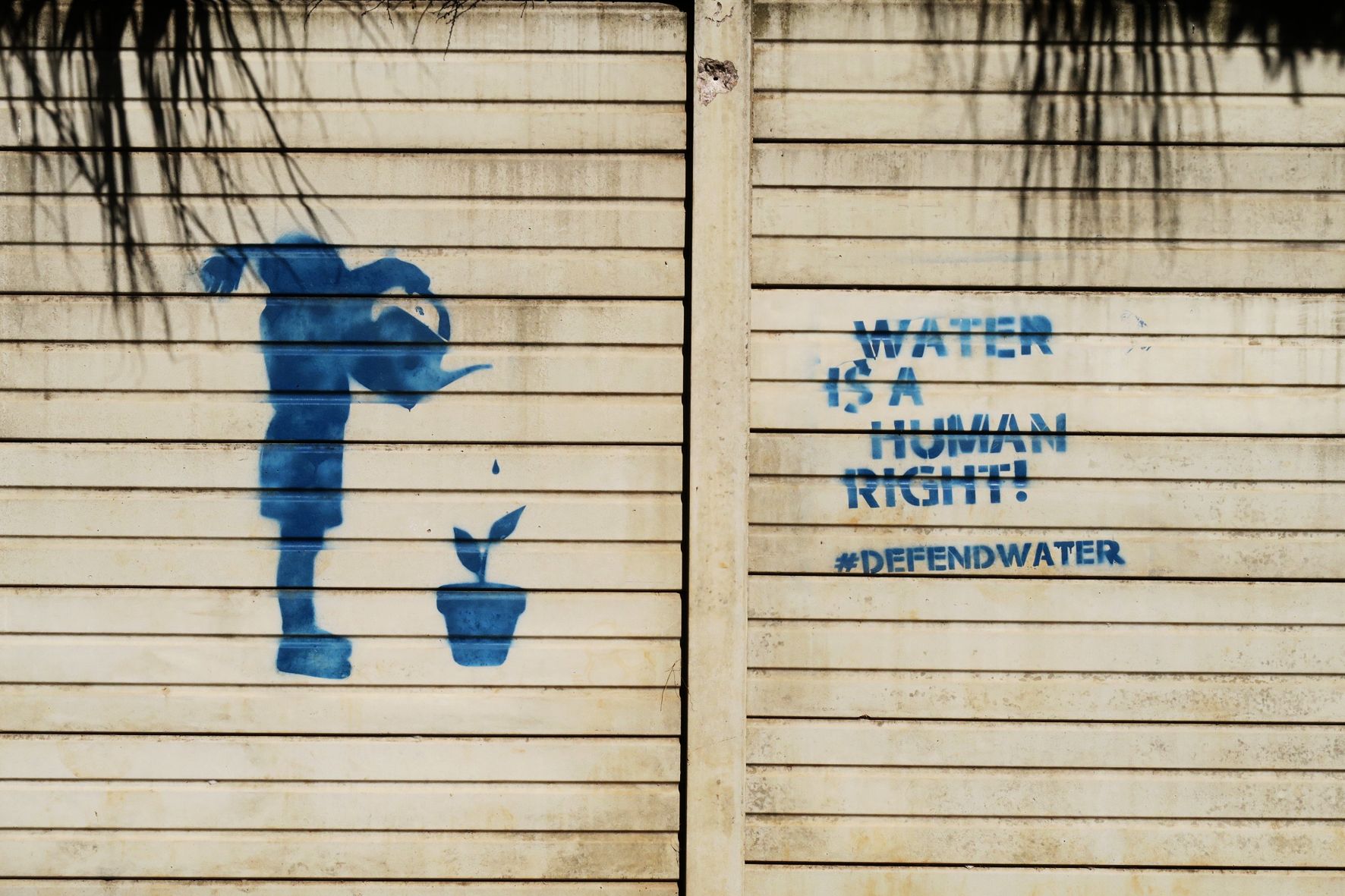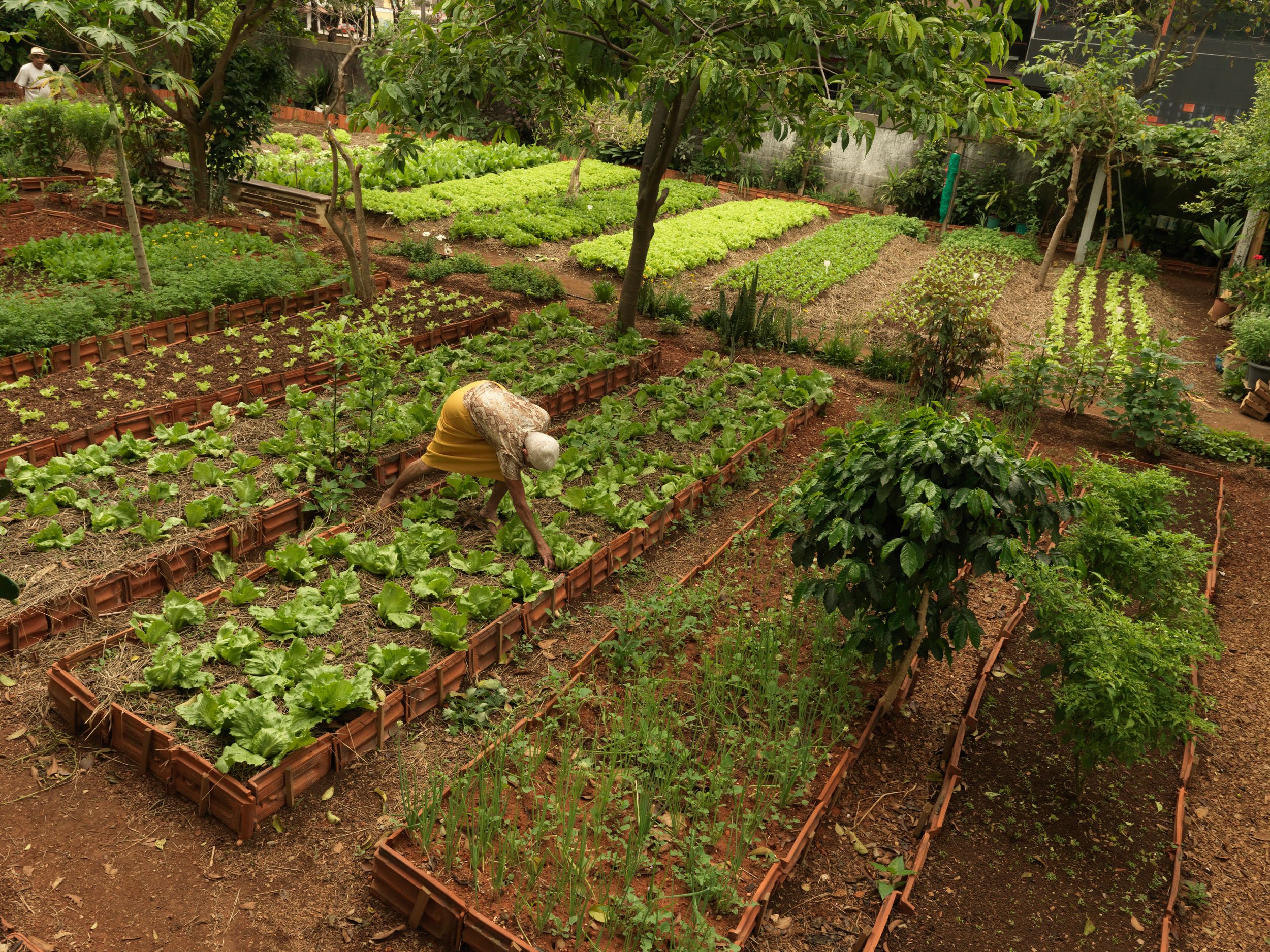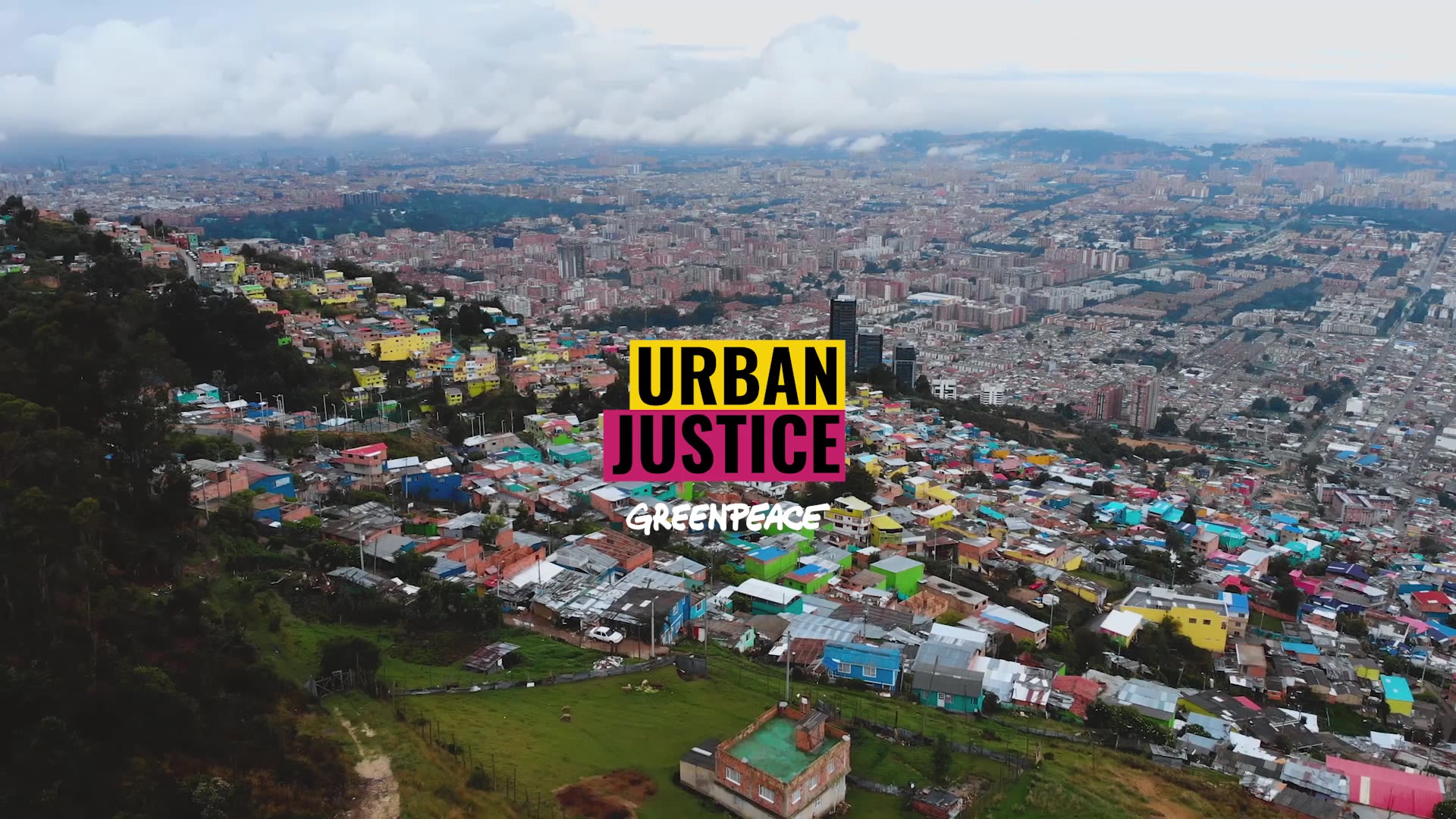
What is Urban Justice?
More than half the global population now lives in cities. As massive, growing arenas of culture, politics and resistance, cities are the centre of crucial events and decisions that affect the whole planet, not only because of the increasing impact of climate change, especially on the most marginalised, but through the transformations being driven by communities and urban movements.
Greenpeace’s Urban Justice is a story about people’s collective power in and around cities. It’s about the urban side of nature and how diverse forms of life can support each other to thrive in cities.
Join us in making cities all around the world a safe, resilient and sustainable vision for our shared future!
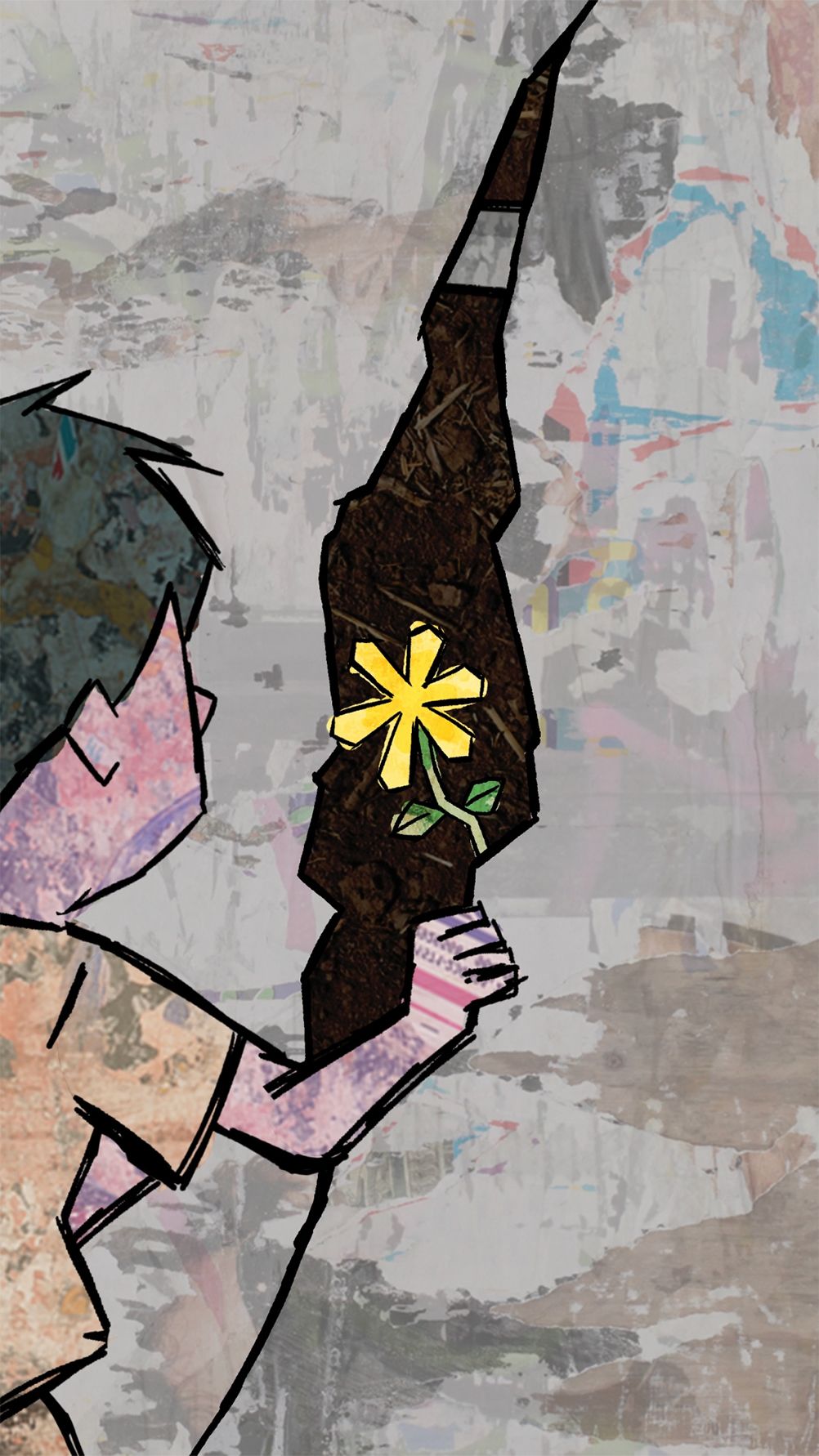
To commemorate #WorldCitiesDay on 31st October, Greenpeace International together with Clima e Mobilidade and the UMI Fund have launched an interactive, crowdsourced map providing information and resources for grassroots groups, organisations, and movements working on #UrbanJustice related issues across the world.
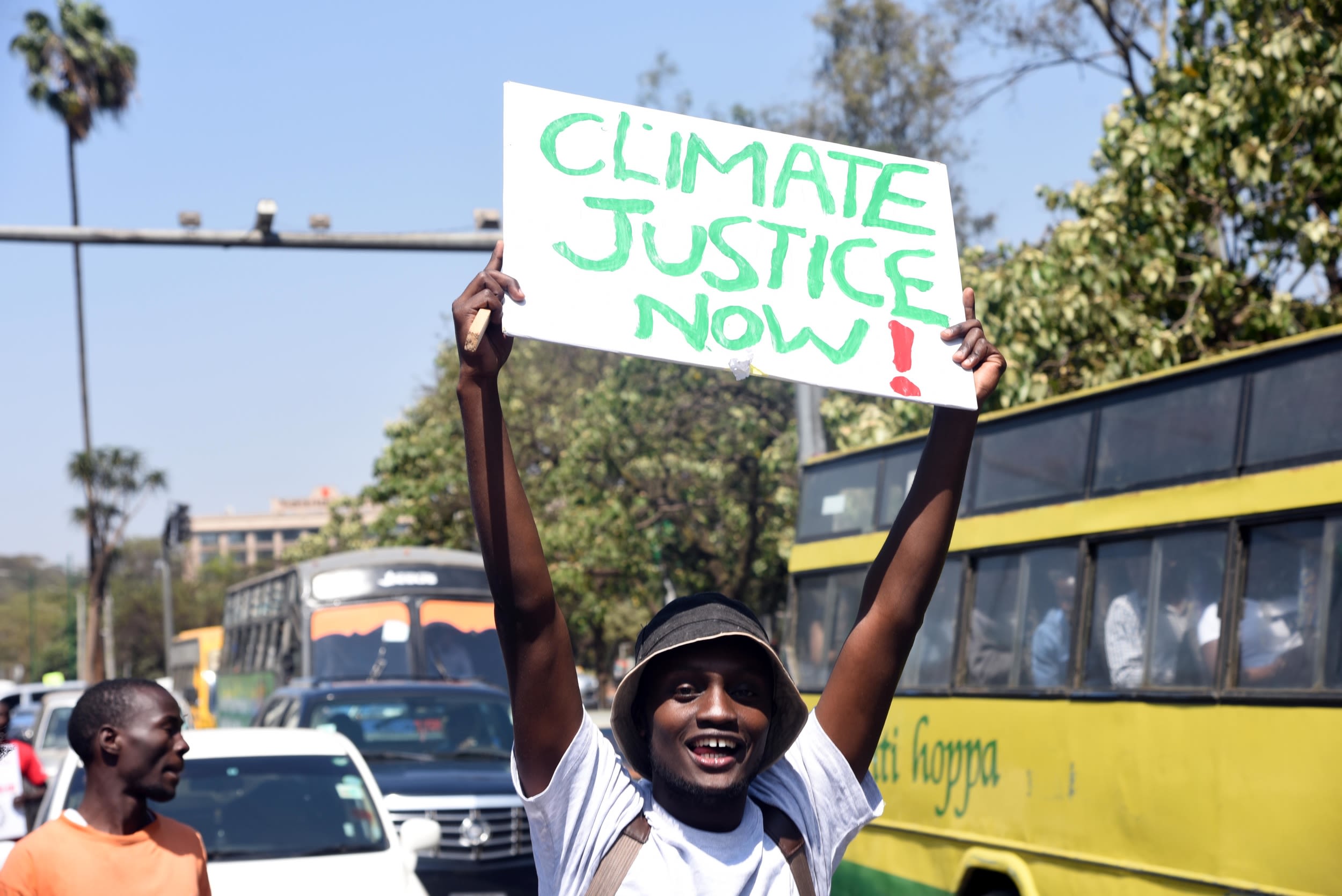
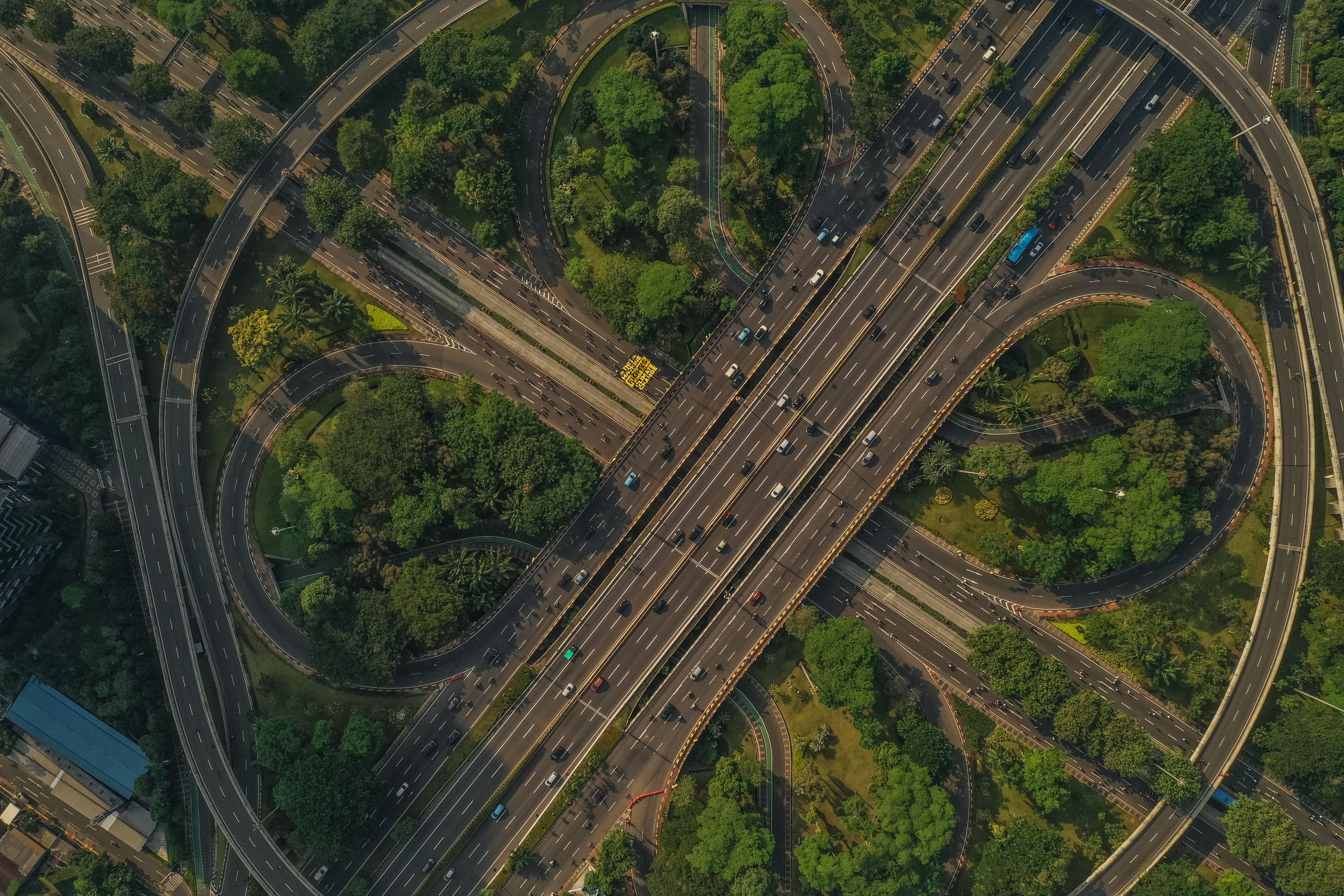
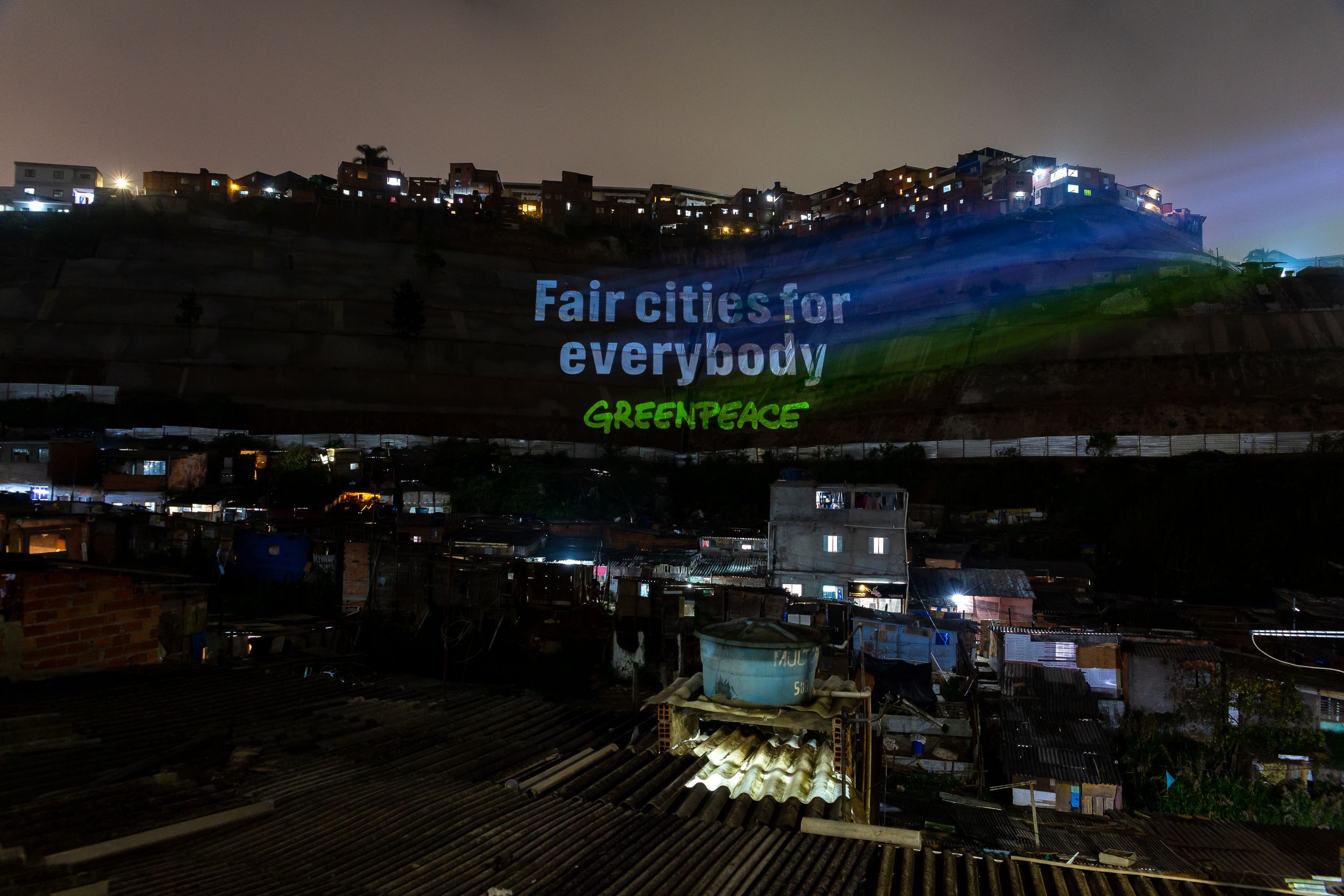
The Greenpeace Global Poll results are in!
As temperatures break records in cities like Sao Paulo and Manila and air quality declines in Jakarta and Delhi, on average less than half of people feel safe from extreme weather events, according to a new Opinion Poll commissioned by Greenpeace International in seven major cities across the Global South.
Presented in the context of the upcoming UN's International Day for Disaster Risk Reduction, the poll found that when asked about the biggest problems in their cities, the top two responses given are commonly linked to climate change: traffic congestion (46%) and air pollution (42%). Other top answers include crime and violence (42%), corruption (40%), unemployment (34%) and the increasing number of people moving to cities (34%).
Despite the adverse context, over half of the urban residents consulted (56%) are optimistic about the future and believe that their city could become their “dream city”. At the same time, the poll shows that the safer people feel from extreme weather events, the more optimistic they are about their cities becoming their “dream city”.
Detailed results can be found here
Based on the poll results, this 'Visual Utopia' animation depicts what the people of Nairobi envisioned for their dream city.
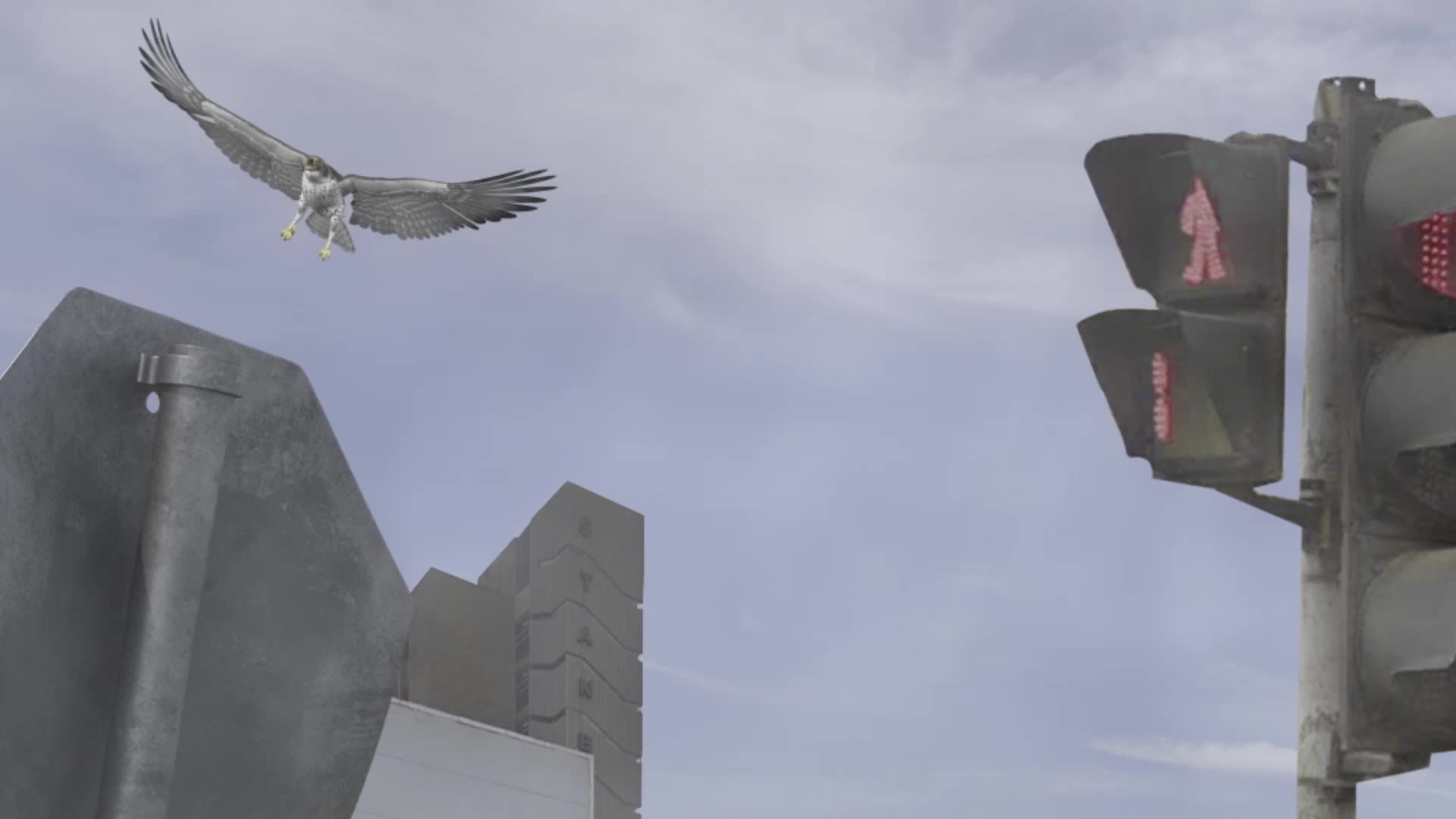
Urban Stories
All around the world, communities are proving that the solutions already exist, and are actively transforming cities for the better.
The future of transportation?
Free public transport for women in Delhi? It works.
People powering clean rivers
The people of Recife in Brazil aren't waiting for the government to give them clean rivers - they're doing it themselves.
40 years of pride in her city
Join Flor Alba for a day of making Bogota a cleaner place for everyone.
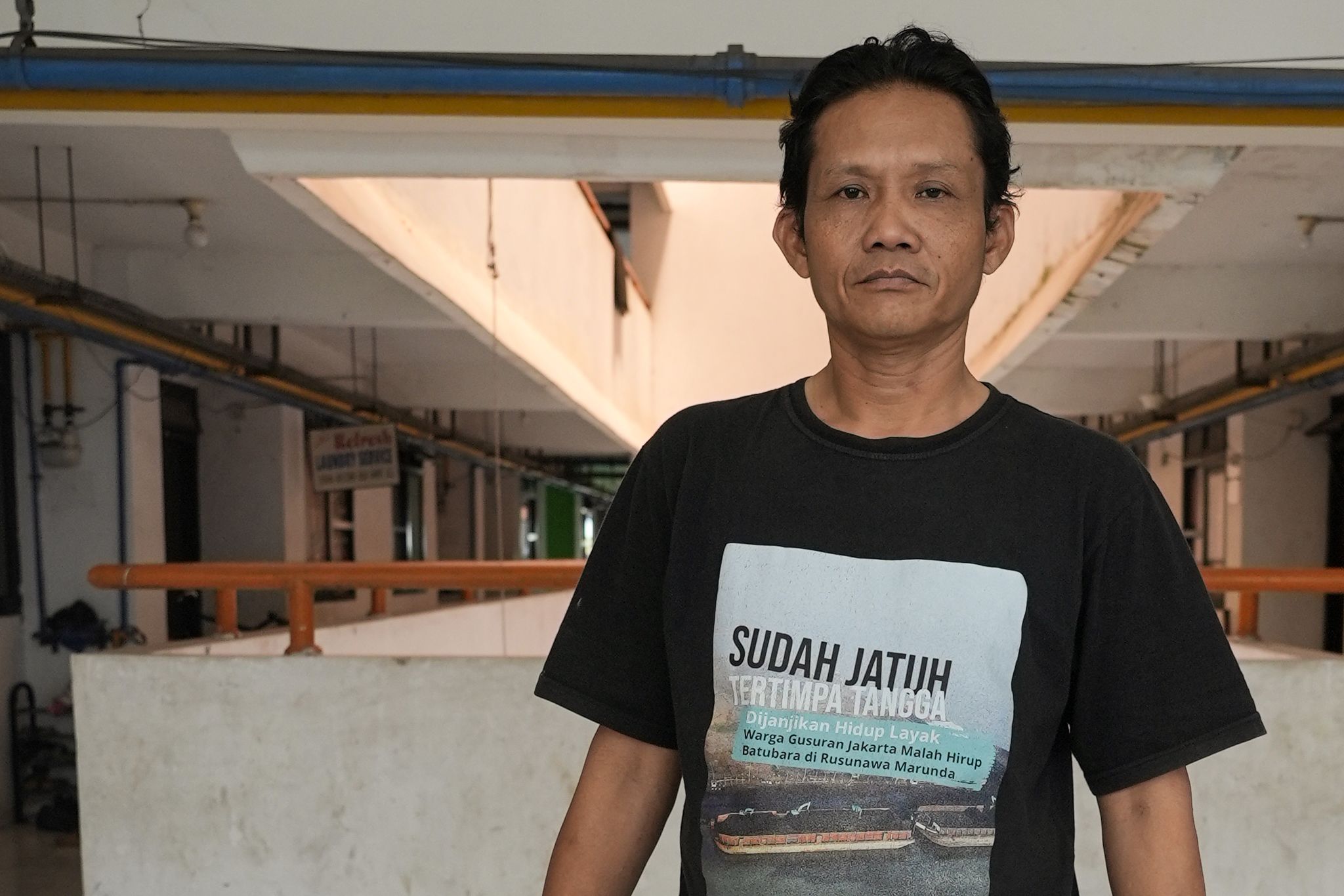
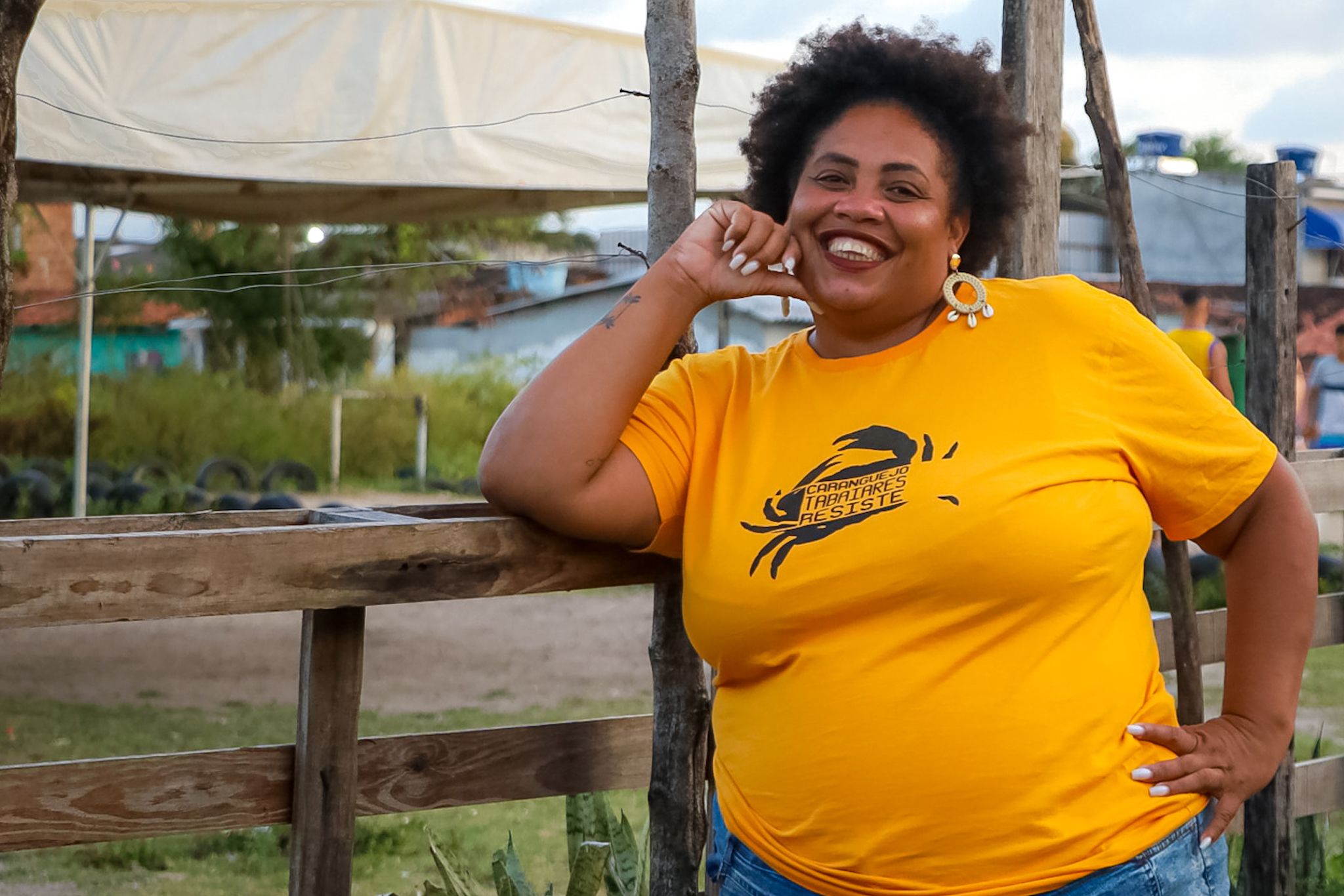
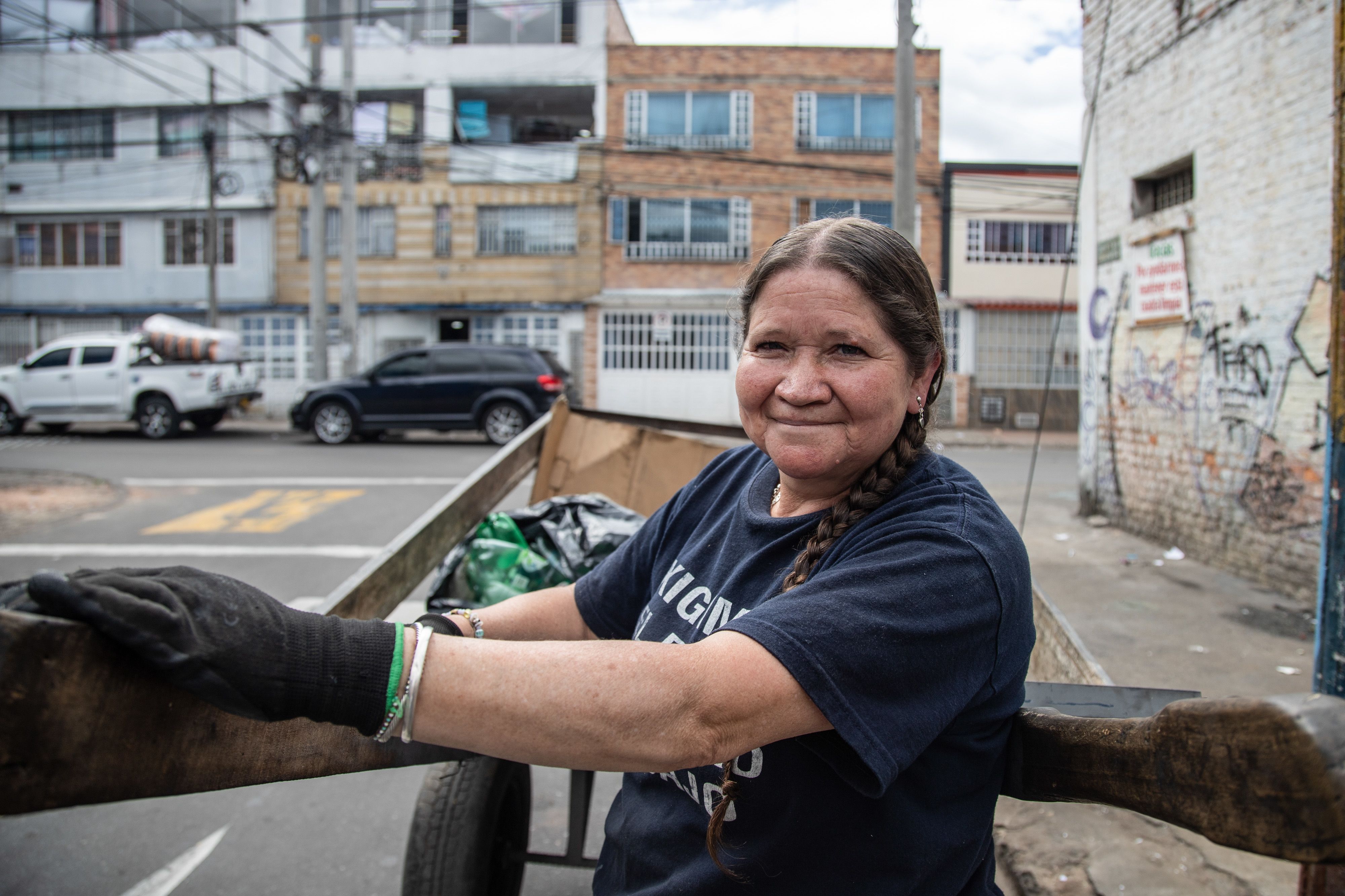
Jakarta, Indonesia
"We hope that environmental pollution caused by these companies will no longer exist, and residents will live healthier, safer, more peaceful and prosperous lives, that's all."
- Cecep Supriyadi, Citzens Forum against air pollution, Jakarta, Indonesia
Recife, Brazil
"Just by existing in this city we already contribute a lot. Our contribution is to live, to face, to resist."
- Sarah Marques do Nascimento, Social Educator, Recife, Brazil
Bogotá, Colombia
Flor Alba García Pérez (55) has been a waste picker for more than 40 years, following the family legacy in doing this work. By doing so, she has not only reduced polluting emissions from waste, but has also fought for the dignity of her profession and that of almost 60,000 other waste pickers in Colombia.
Most urban issues are linked to climate change
Mobility
From cycle lanes to public transport, accessible mobility can mean lower emissions, cleaner air and greener spaces. It has the power to increase equality, create jobs and improve social cohesion while connecting communities and boosting entire societies.
Waste
Waste management is a critical part of a healthy city. Millions of waste pickers have been and continue to be an essential part of the solution. Their daily work saves cities tons of money and CO2 emissions, avoiding waste to end up in landfills, burning in incinerators, or polluting natural areas.
Clean Air
Nature is in the air we breathe, but air pollution has become one of the greatest environmental risks to human health, especially in cities.
Climate Resilience and Adaptation
Extreme weather events often have the most impact on communities who have done the least to contribute to the climate breakdown.
Water
No city can thrive without universal access to a clean, safe water water supply. Many cities around the world are facing severe challenges.
Green Spaces
We must preserve and introduce more green and civic spaces in cities — in ways that are accessible for everyone to enjoy.

